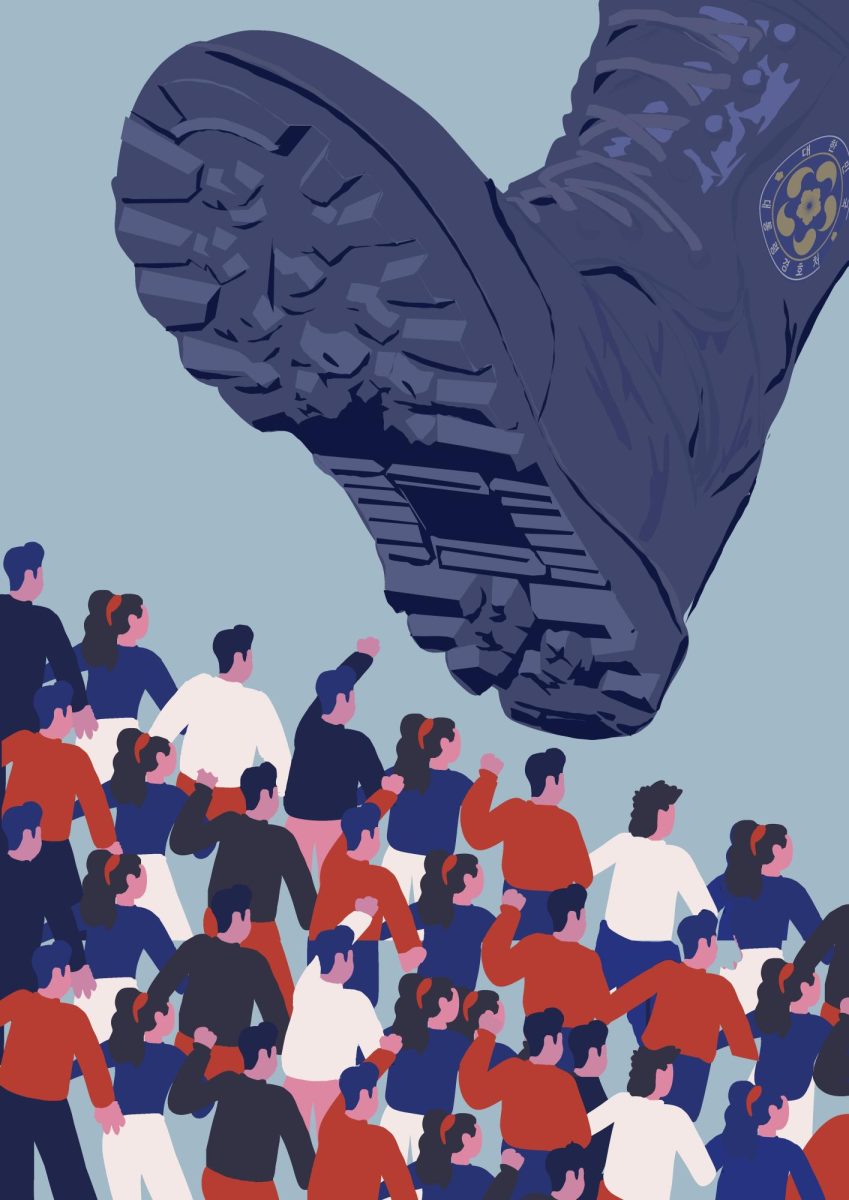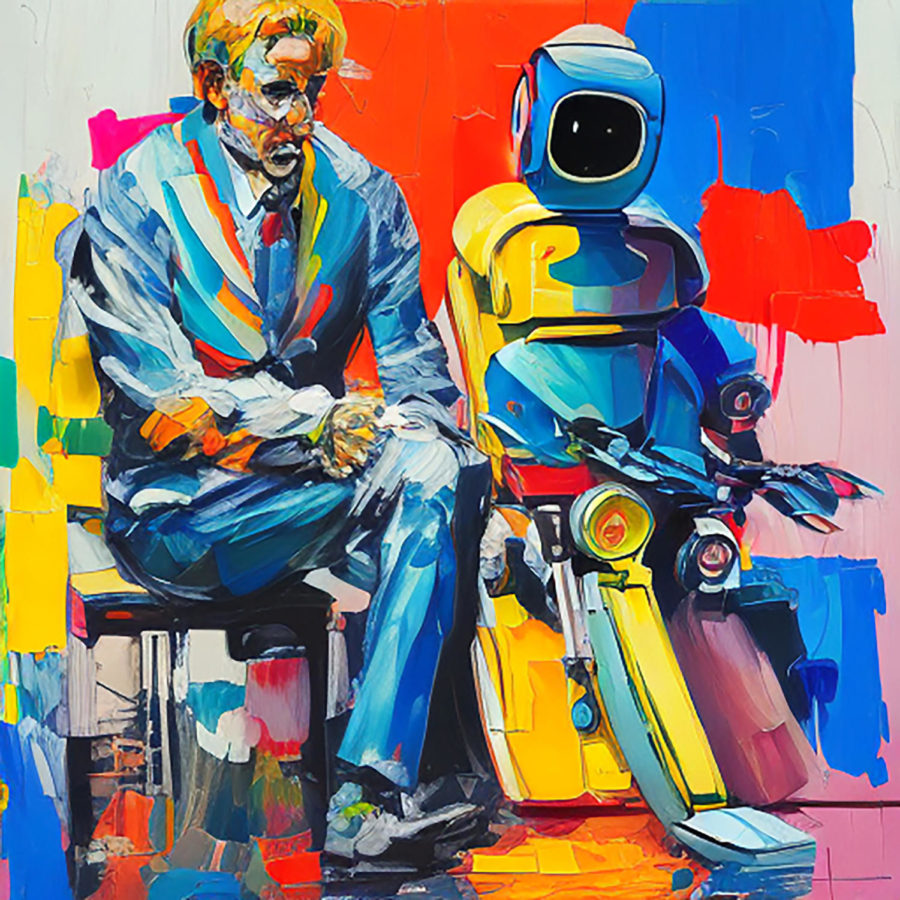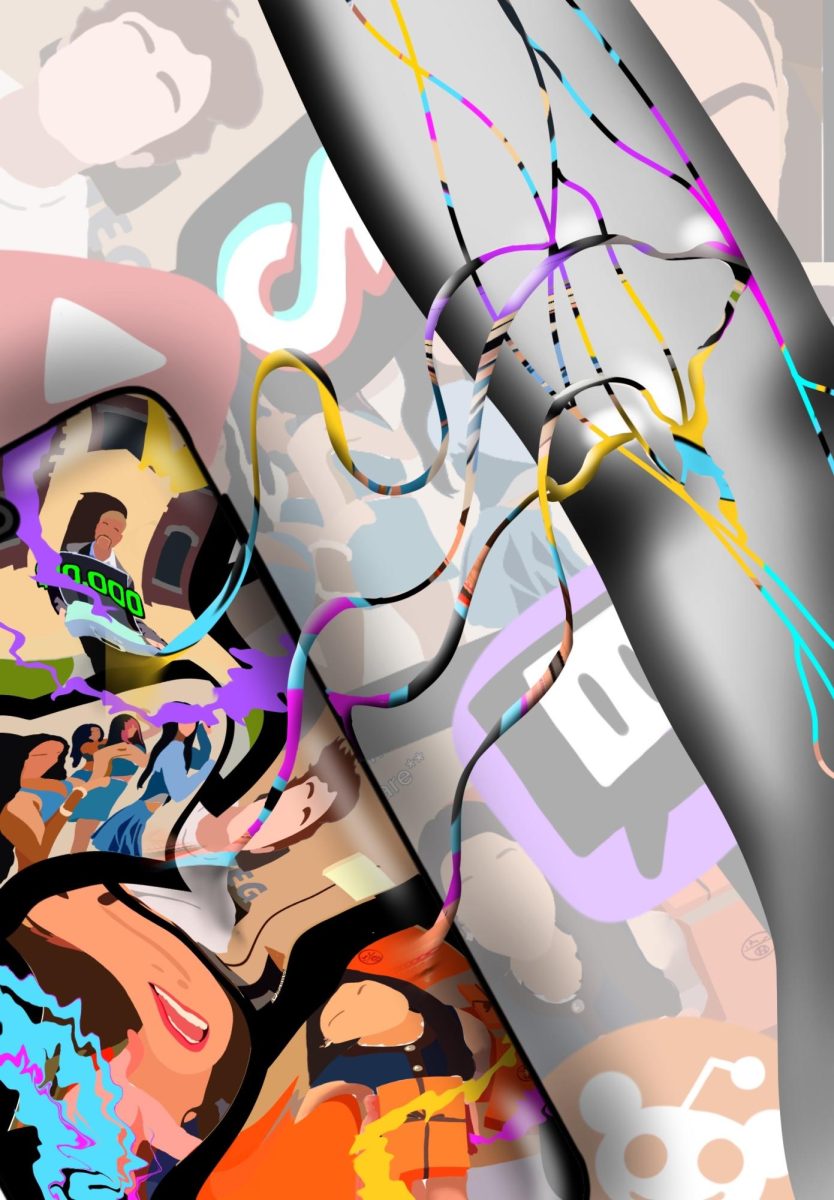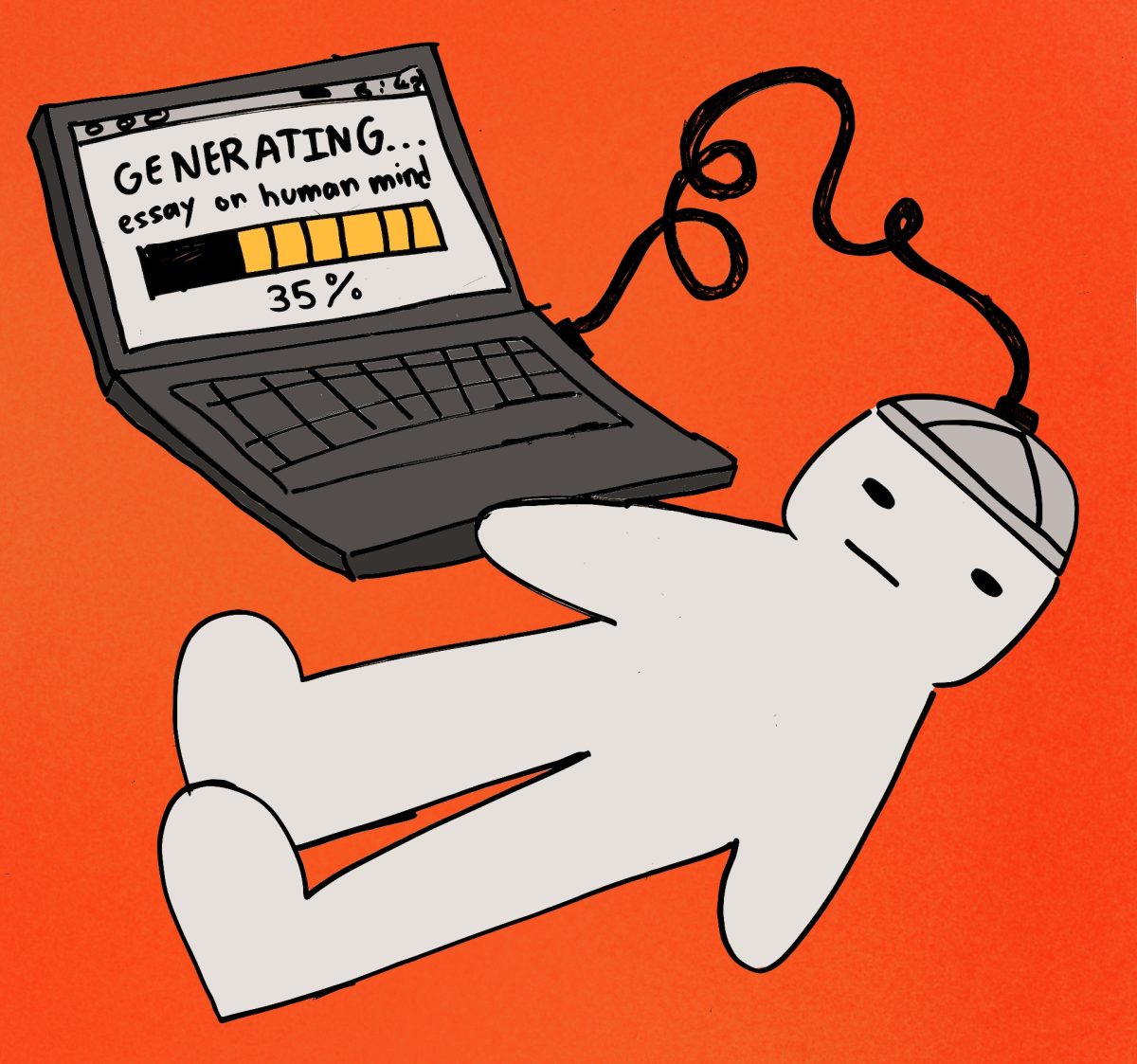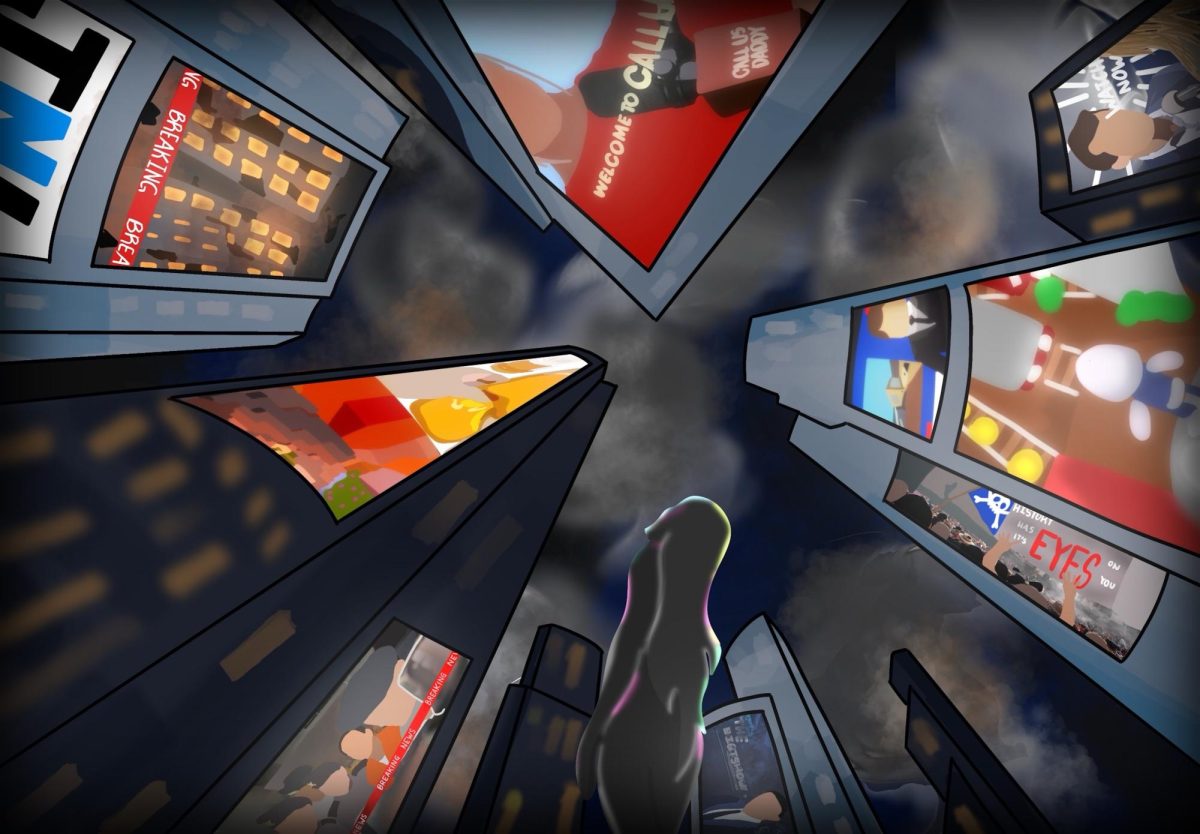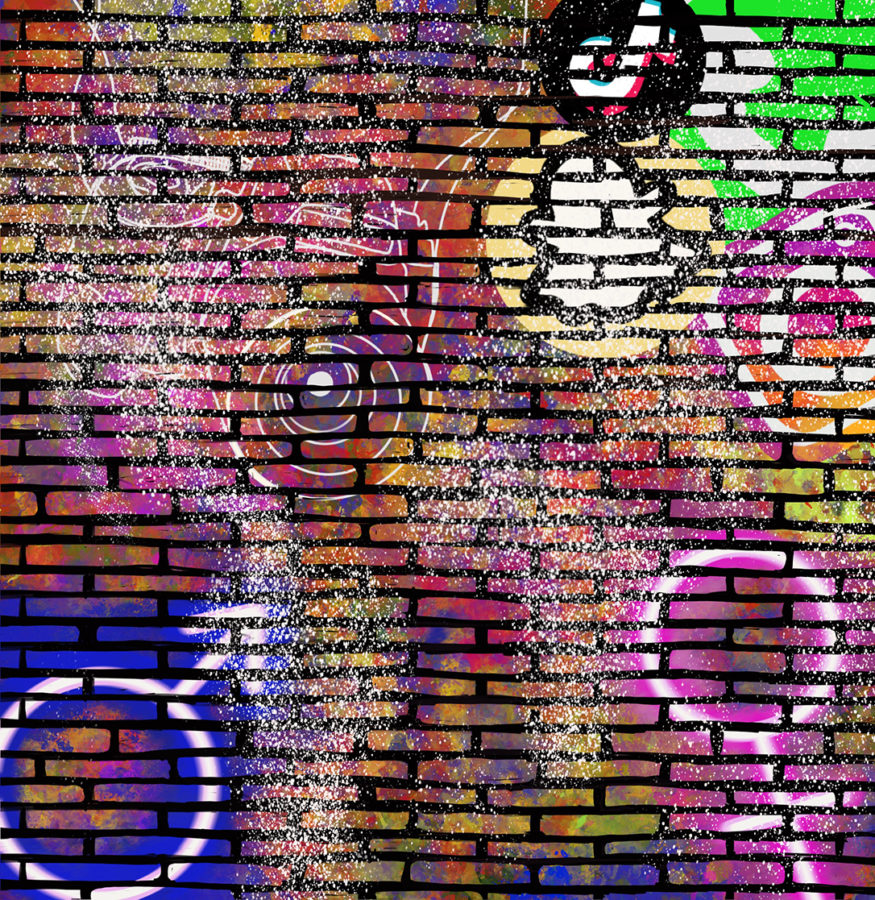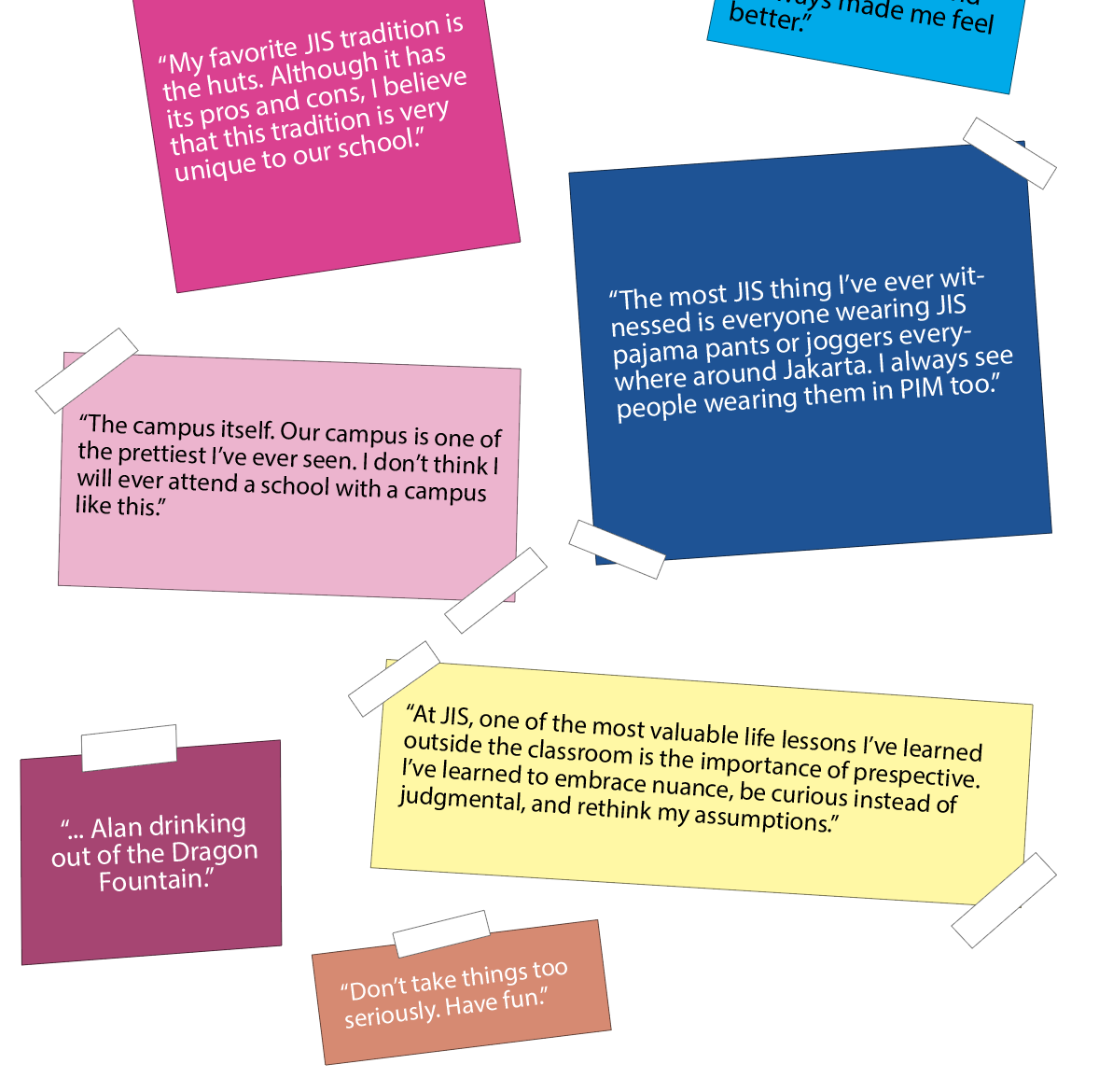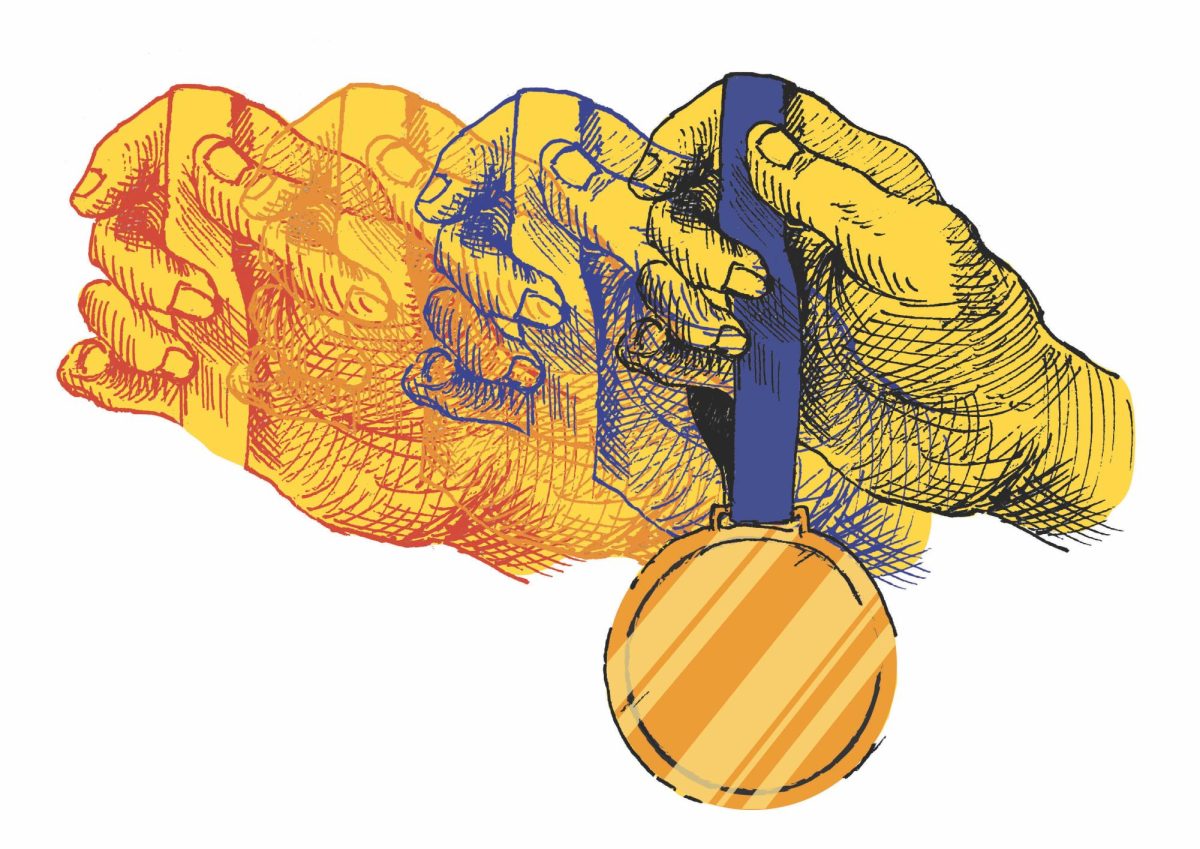Before his rise in the United States civil Rights movement, Martin Luther King Jr. wrote an essay on the purpose of education in society in the 1947 edition of Stanford University’s newspaper, The Maroon Tiger.
In his essay, King proposed his opinion on the purpose of education, which is to teach students to “think intensively and to think critically” about the world.
In addition, King also criticizes an education that solely operates as efficiently as possible as “the greatest menace to society,” where people who prize intellect without ethics are “the most dangerous criminals” there ever are.
The words of the future activist now somewhat embody the progression of education as we know it. With advances in modern technological research, Artificial Intelligence (AI) and its many derivatives have become widely available and popular among students.
However, an ever-increasing number of students abuse AI generative text in their assignments, inadvertently practicing plagiarism regularly.
Furthermore, by relying on AI to occupy a large part in their studies, students have now started viewing school simply as a “mandatory phase” to pursue before entering adulthood.
Modern education now faces its largest conundrum yet. Despite its efficiency and convenience, AI may very well be detrimental not only to the development of human cognitive intelligence for the next generation, but also to the essential human spirit behind education in the first place.
As the world embarks upon an era of rapid technological integration into our everyday lives, it is imperative that modern education reinforce its ethos in the present day. An effective education should take place in the minds of the student, not in the algorithmic whims of a chatbot.
AI: Artificially Intelligent
To start off, students should understand how their chatbots operate—or, for some tech-savvy students, “think”—in order to understand the sheer detriment of the ethical concerns related to unmoderated AI usage.
When people refer to using AI in their studies, they are usually referring to using a Language Learning Model, or LLM for short. It is a product within the study of AI that uses unstructured data, such as text, in its artificial neural network to compute an output based on prior data and machine-learning algorithms.
As ChatGPT, Gemini, Claude, and the newly introduced DeepSeek have shown, LLMs are able to carry personable conversations with humans while also being capable of providing detailed explanations on a variety of topics.
Despite this, LLMs are often unable to provide accurate and, in some cases, ethical answers to user questions due to their data limitations.
Furthermore, numerous students utilize LLMs in an instantaneous manner, compiling “research” based on answers to their queries in ChatGPT without even double-checking the claims and sources the program provided.
Not only does it raise concerns about the normalization of plagiarism in education, but AI-based study trends also disregards the real reason behind educating students: to stimulate growth in a student’s brain through rigorous effort and personal satisfaction from achieving their goals.
To Study Is To Challenge
With the need for modern education to counter the ‘Artificial Revolution’ tidal wave, students should be aware of the essence of education initially intended by its advocates.
One interpretation of this can be found from the Indonesian Father of Education, Ki Hadjar Dewantara, who considers the purpose of education to be “achieving perfection of human life [through] fulfilling the needs of both body and soul.”
Dewantara’s philosophy emphasizes the importance of invoking the thrill of struggle as a viable motivator in learning. He pictures education as more than just teaching and learning textbooks, where students are invited to question all things that they encounter in life.
Such stimuli, Dewantara argues, will push students to find answers not only to their assignments, but also to problems within their daily routines, where the student would think of ways to solve the problem at hand.
This teaching model, identical to other prominent teaching philosophies such as the Montessori Method, is becoming obsolete due to the rapid proliferation of LLMs and AI among students.
Students do not feel the need to actively ponder things they interact with since they can just ask LLMs for answers in a matter of minutes with an elaborate list of resources attached.
As a result, the essential sense of curiosity is lost among students, absolving it as a key stimulus in their development.
Furthermore, many educators regard the satisfaction of overcoming challenges in learning, otherwise known as grit, as a key component to successful mastery in learning.
As research psychologist Maria Christopolou of Panteion University of Social Sciences puts it, grit involves “working persistently and vigorously towards a challenging goal despite failure, setbacks and obstacles.”
Grit is categorized as one of two main facets of psychological theories: perseverance in effort and consistency in interest. Interest is not associated with satisfaction in terms of short-term gratification but rather with an attached, personal meaning to the individual student.
As psychologist Angela Duckworth showed in her 2010 study on grit in National Spelling Bee participants, the defining factor in grit is not the amount of effort alone but the quality of the effort itself.
“[The participants] are not [only] studying the words that they already know [how to spell]—they also isolate what they do not know, identifying their own weaknesses,” Duckworth said in her 2016 TED Talk “True Grit: Can Perseverance be Taught?”
Grit plays an essential role in education, as it instills a personal sense of responsibility to achieve their goals and to be creative in solving problems they may face. LLMs dissolve that personal sense of curiosity and creativity, as students entrust the chatbots’ answers more than their own logical and personal reasoning.
As a result, this defeats the purpose of intentionally challenging students with rigorous material, prolonging the achievement of learning indefinitely.
With that in mind, both students and teachers must be able to anticipate and prevent severe repercussions in their students as a result of excessive, unmoderated LLM and AI abuse.
Part of developing a resilient yet adaptive student body, therefore, should refer to how well educational institutions treat AI incorporation in their curriculum.
The Future, You, And AI
Following the boom in popularity of AI worldwide, many institutions—from individual school districts to international curriculum governing bodies—were quick to convene and determine the ethical viability of using artificial technology in the learning process.
In its landmark statement in March 2023, for example, the International Baccalaureate (IB) has decided not to ban the use of AI software, claiming that a ban on its usage for students would be “an ineffective way to deal with innovation.”
Months following the statement, guidelines for handling AI-related situations for educators were dispersed, detailing hypothetical scenarios in which IB expectations on the enforcement of academic integrity were laid out.
It is apparent that the IB curriculum aims to narrow down AI usage regulation to a case-by-case basis. However, such a rationale in integrity pins the weight of enforcement onto the school authority, absolving the student of any role in self-moderation.
Should institutions wish to uphold their standing in regards to academic integrity, they must instil in their students both the philosophical and practical importance of preserving grit in their studies.
As Martin Luther King Jr. stated at the beginning of this article, education must empower people to bring about change and hope in society. Averting genuine effort in assignments and over-relying on AI usage in many circumstances would be detrimental to a student’s academic and ethical growth.
Artificial Intelligence is the technology that will be the basis for the societal revolution of our times. Some would say it will bring about the peak of human civilization, while others declare AI to be the Achilles’ heel of human ingenuity.
The future generation must be of good conscience to decide the path the world will take in the present. Unlike AI, humans are capable of achieving magnificent feats through lacklustre measures constantly and with sophistication.
Artificial Intelligence, therefore, should be a tool in achieving this ethos, instead of replacing our hands and thoughts with prompts and randomly generated images.

